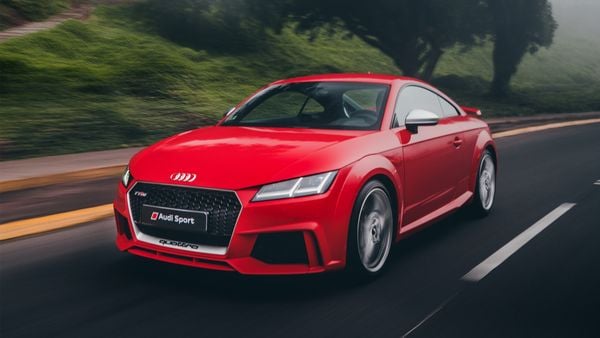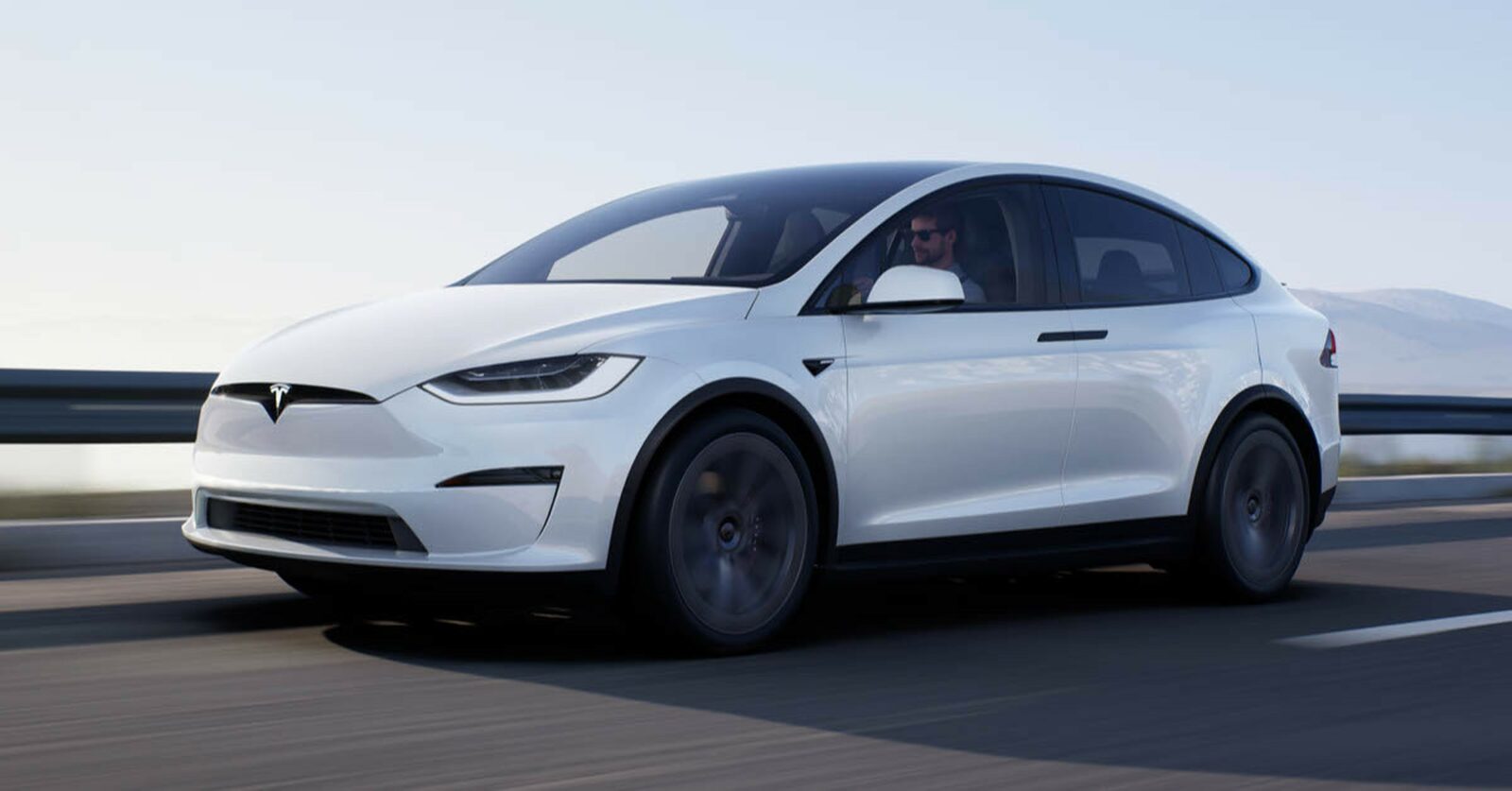We all need to switch to electric cars. In 2035, no gasoline cars may even be sold anymore. So if you are already looking for a new car now, an EV is a logical choice. But what exactly about road taxes?
One of the big advantages of owning an electric car right now is that you don’t have to pay road tax. That’s very nice, of course, but that’s about to change. The government introduced this scheme to encourage sales of EVs, but as more and more people own one, the government is losing tax revenue.
How much road tax will an electric car cost after 2024?
Through 2024, owners of electric cars will not have to pay road tax. In 2025, owners will still receive a 75 percent discount, and in 2026 the exemption will expire completely.
But how will the road tax for electric cars be calculated in 2026? Then, like gasoline cars, it will be based on weight. This is a significant disadvantage for EV owners. One of the characteristics of these cars is that they are heavier than gasoline cars, mainly because of the EVs’ heavy batteries.
This, of course, poses quite a disadvantage for people considering purchasing an electric car. The purchase price of an EV is still considerably higher than that of a gasoline car, making the switch less likely to pay off. Nevertheless, it is more economical in terms of fuel, given the current high gasoline prices.
What about BPM and subsidies?
Still, there are advantages to buying an electric car right now. Through 2024, an EV is exempt from BPM, a purchase tax on cars. This is a fixed amount that is increased based on the amount of CO2 emissions a car produces.
 (Image: Eduardo Flores/Unsplash)
(Image: Eduardo Flores/Unsplash)
In addition, people who buy an electric car in 2023 will also receive a subsidy on purchase. This amounts to 2,950 euros for a new EV and 2,000 euros for a used one. Be careful, however, because the subsidy pot made available by the government is limited and applies on a first-come, first-served basis.
For leasers, this restriction does not apply. Yet there is an advantage for leasers as well: they pay a lower additional tax rate for an electric car than drivers of a gasoline-powered car. However, this additional tax rate does increase slightly each year and will equal that of gasoline cars by 2026.

































